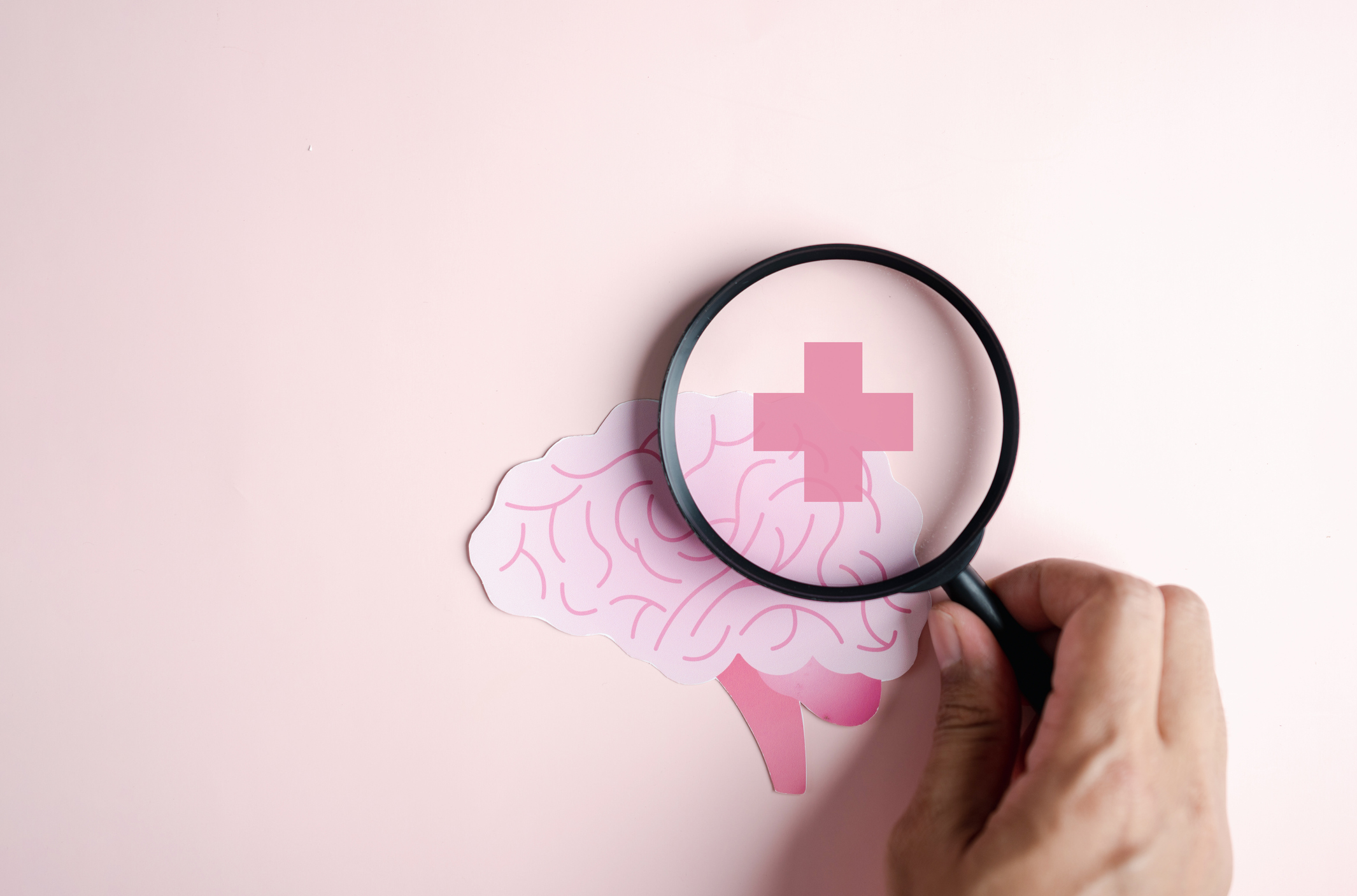It’s crucial to consult a healthcare provider for personalized advice based on your specific health condition and medical history. That said, here are some general steps that might help in stroke prevention:
- Manage Blood Pressure: High blood pressure is a significant risk factor for strokes. Regularly monitor your blood pressure and follow your doctor’s recommendations to keep it within a healthy range.
- Take Medications as Prescribed: If your doctor has prescribed medications to manage conditions such as high blood pressure, high cholesterol, or diabetes, take them as directed.
- Control Cholesterol Levels: High cholesterol levels can contribute to the development of plaque in your arteries, increasing stroke risk. Follow a heart-healthy diet and take prescribed medications if necessary.
- Manage Diabetes: Keep your blood sugar levels under control through diet, exercise, and medications if needed, as uncontrolled diabetes can increase stroke risk.
- Adopt a Healthy Diet: Consume a diet rich in fruits, vegetables, whole grains, lean proteins, and healthy fats. Limit salt, saturated fats, trans fats, and cholesterol.
- Maintain a Healthy Weight: Being overweight can contribute to several stroke risk factors, including high blood pressure, diabetes, and heart disease. Aim for a healthy weight through a balanced diet and regular exercise.
- Be Physically Active: Engage in regular physical activity, as it can help improve cardiovascular health and reduce stroke risk. Aim for at least 150 minutes of moderate-intensity aerobic exercise or 75 minutes of vigorous-intensity exercise per week, along with muscle-strengthening activities.
- Quit Smoking: Smoking significantly increases stroke risk. If you smoke, seek help to quit. Avoid exposure to secondhand smoke as well.
- Limit Alcohol Consumption: Excessive alcohol consumption can raise blood pressure and contribute to other health issues. If you choose to drink, do so in moderation – typically one drink per day for women and up to two drinks per day for men.
- Manage Stress: Chronic stress can contribute to high blood pressure and other risk factors. Find healthy ways to manage stress, such as through relaxation techniques, meditation, hobbies, or social support.
- Stay Hydrated: Drink an adequate amount of water daily to maintain proper hydration, which can support overall health.
- Follow Medical Advice: Attend all medical appointments, tests, and screenings as recommended by your healthcare provider.
- Stay Informed: Learn about your specific risk factors and how to manage them. Educate yourself about the signs and symptoms of a stroke so you can act quickly if they occur.
- Support Groups: Consider joining a stroke support group or working with a rehabilitation team to help address the physical, emotional, and social challenges that may arise after a stroke.
Remember, these steps are general recommendations and may vary based on your individual health profile. Always consult your healthcare provider before making any significant changes to your lifestyle or medication regimen.



